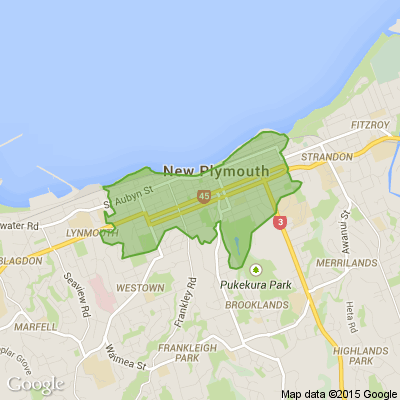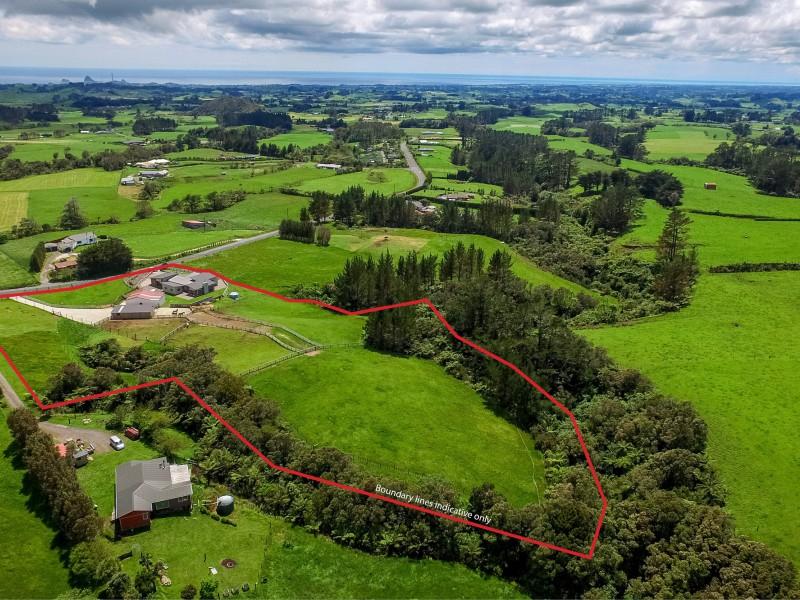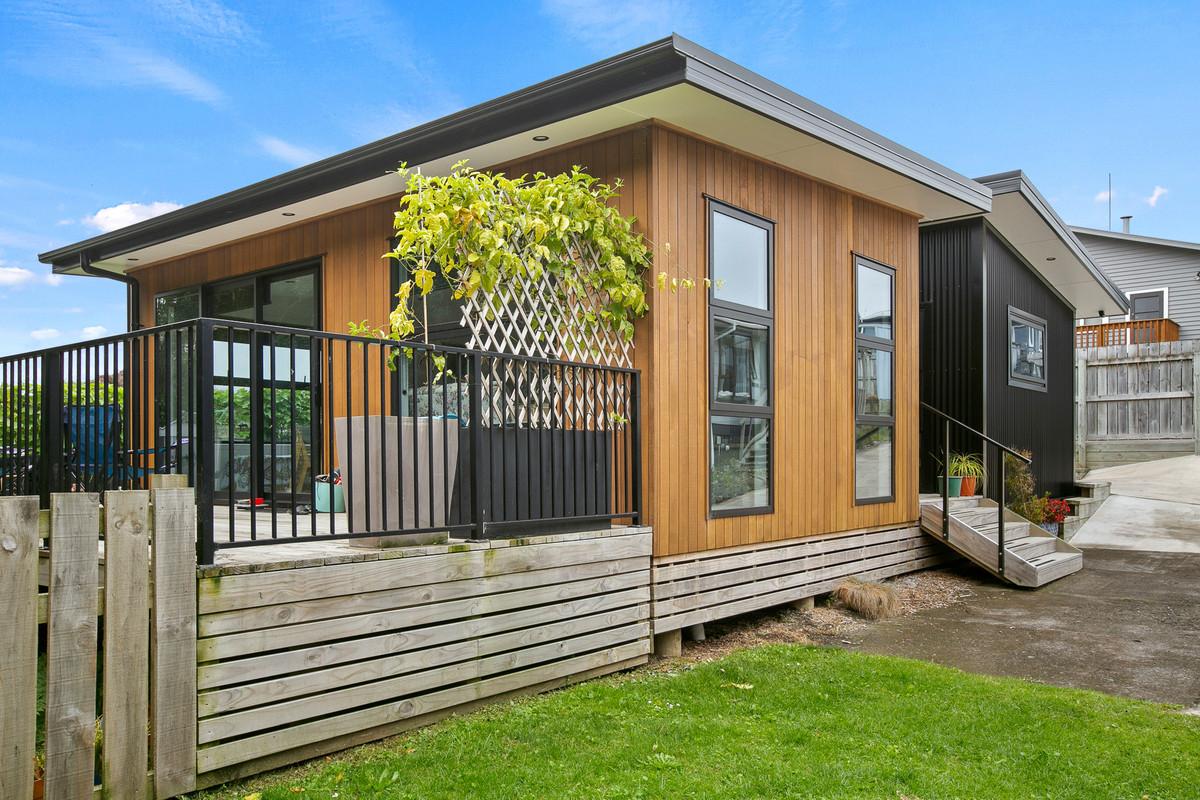Attn: Lifestyle Block Owners & Farmers SPORE COUNTS for week ending 04.02.19
Please see below the Spore Count readings for New Plymouth from 04.02.19. We will be updating this for you on Neighbourly on a weekly basis. If you are concerned about your stock, please feel free to contact the clinic on (06) 7584006.
FACIAL ECZEMA - What is it?
Facial eczema (FE) is a disease of grazing ruminants and camelids. It is caused via liver damage by a toxin produced in a fungal spore that grows in the dead “litter” at the pasture base.
The ideal growing conditions are warm and damp with high humidity – often following a dry spell. If you see mushrooms growing it is ideal FE conditions.
The toxin damages the liver so that is can no longer metabolise correctly resulting in a build-up of chlorophyll in the blood (the green colour in grass). This chlorophyll reacts with sunlight to cause a deep-seated sunburn that results in the characteristic eczema signs.
Signs to look for
- a drop in milk production
- cows are restless, seeking shade and lick their udder
- exposed unpigmented or thin skin reddens, thickens and peels
Not all animals affected with facial eczema show physical signs (i.e. clinical FE) although liver damage (i.e. subclinical FE) has occurred. It is estimated that for every clinical case there will be 10 cows with subclinical facial eczema.
Prevention
There is no cure for facial eczema, so prevention is the only way of protecting animals. To be effective, preventative measures need to be in place before eczema spores are found.
Preventative measures include monitoring pasture spore count and either dosing animals with zinc or spraying pastures with a fungicide.

Poll: Does the building consent process need to change?
We definitely need homes that are fit to live in but there are often frustrations when it comes to getting consent to modify your own home.
Do you think changes need made to the current process for building consent? Share your thoughts below.
Type 'Not For Print' if you wish your comments to be excluded from the Conversations column of your local paper.

-
91.3% Yes
-
8.2% No
-
0.5% Other - I'll share below!
Rehomeing My Cat
I need to rehome my old cat as I am moving overseas, and just can’t put her down. Can anybody help me out please

HOUSING AND COUNCILS 10 YEAR PLAN
Housing and the Council’s Ten Year Plan…
Actually, housing gets barely a mention in the Council’s Ten Year Plan.
And that is a significant problem because we all, except it seems the Council, are aware of the effects of the ‘baby boomer’ generation is happening now!
We have a rapid increase in the number of older adults over the age of 65 and a dramatic increase in adults over the age of 85 years.
Age Sector NZ has stated that 61,121 retirement units will be needed within the next ten years.
Statistics NZ estimates by 2040 approximately 600,000 65+ will be renting, so many of them will be living alone.
More older adults will experience housing insecurity in the coming years unless the country dramatically increases its supply of affordable homes for people ages 65 and up, who make up roughly one-fifth of the nation.
The Council currently operate 145 housing units for the elderly in a self-funded model. This approach is not keeping up with the need to upgrade and expand the housing stock. We are proposing to create a working capital fund of approximately $4m at a cost of $200,000 per
annum to provide for:
• Improvement and expansion of the housing for elderly service noting that this is contrary to
the current self-funding position of the Housing for the Elderly Policy.
• Expanding Council’s role in the provision of housing beyond housing for the elderly.
Given the crisis facing housing for older people this demonstrates a clear lack of interest, let alone commitment to the growing plight of so many of our older citizens.
An increasing share of people with low and fixed incomes will struggle to afford appropriate housing in the coming decade and we just don't have the housing and supports that we need for this growing population.
Our Council seems to continually dodge this issue - but it is growing larger day by day.
What can you do?
Contact your Council and tell them your concerns re housing for older adults.
If you can – urgently contact the Council by emailing a submission detailing your concerns to submissions@npdc.govt.nz or going online to: npdc.govt.nz/10-year-plan
Affordable housing for vulnerable older adults in our community is a ‘must’ not a ‘nice to have’
Gordon Hudson, Communications… 021 133 7244, gordonandjanr@xtra.co.nz
Positive Ageing NP







 Loading…
Loading…























